Dropping the needle on a Genesis record is like stepping into a time machine, transporting you back to the heyday of progressive rock with its experimental sounds and intricate narratives.
As a fan, you’ve probably grappled with ranking their albums from worst to best, and let’s be honest, it’s no easy task. Their discography spans multiple decades, each album a unique reflection of the band’s evolution.

You’ve got the raw, psychedelic vibes of ‘From Genesis to Revelation’ all the way to the more polished, pop-influenced ‘Invisible Touch’. But let’s embark on this journey together, dissecting each album, peeling back the layers of each song, and maybe, just maybe, we’ll be able to put them in some sort of order.
So, are you up for the challenge?
Key Takeaways
- ‘Calling All Stations’ (1997) is generally considered a low point in Genesis’ discography and highlighted the struggle of maintaining legacy with a new frontman.
- ‘We Can’t Dance’ (1991) marked the end of the Phil Collins period and showcased Genesis’ pop-oriented side, with singles like ‘No Son of Mine’ and ‘Jesus He Knows Me’ having a significant impact on their career.
- The musical style of ‘We Can’t Dance’ (1991) saw a shift towards a more pop-oriented sound, with Phil Collins’ catchy hooks and accessible vocal delivery, while still showcasing versatility in combining pop and rock elements.
- ‘The Lamb Lies Down on Broadway’ (1974) is Peter Gabriel’s final offering before departure and is a double concept album that highlights Genesis’ distinctive progressive rock sound and reflects the band’s idiosyncrasies.
Calling All Stations (1997)

When Phil Collins bid farewell to Genesis, Ray Wilson stepped into the spotlight as the new lead vocalist for their 1997 album, ‘Calling All Stations’, marking a distinct shift in the band’s sound and dynamics.
However, this final album, despite the fresh voice, didn’t resonate with fans. Generally considered a low point in Genesis’ discography, ‘Calling All Stations’ highlighted the struggle of maintaining legacy with a new frontman.
From Genesis to Revelation (1969)
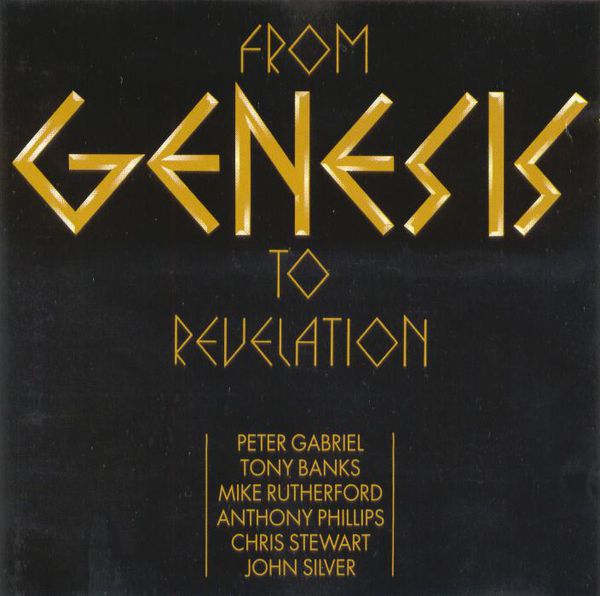
Diving into Genesis’ musical genesis, their debut album ‘From Genesis to Revelation (1969)’ serves as an illuminating period piece, showcasing the band’s raw talent and early influences, despite its lack of complexity and maturity.
- Produced by Jonathan King
- Guided the rock band towards a psychedelic-folk sound
- Significant track ‘The Silent Sun’
- Highlights Genesis’ early songwriting style
- An important part of Genesis discography
Despite weaknesses, it’s a noteworthy starting point in Genesis’ journey.
We Cant Dance (1991)
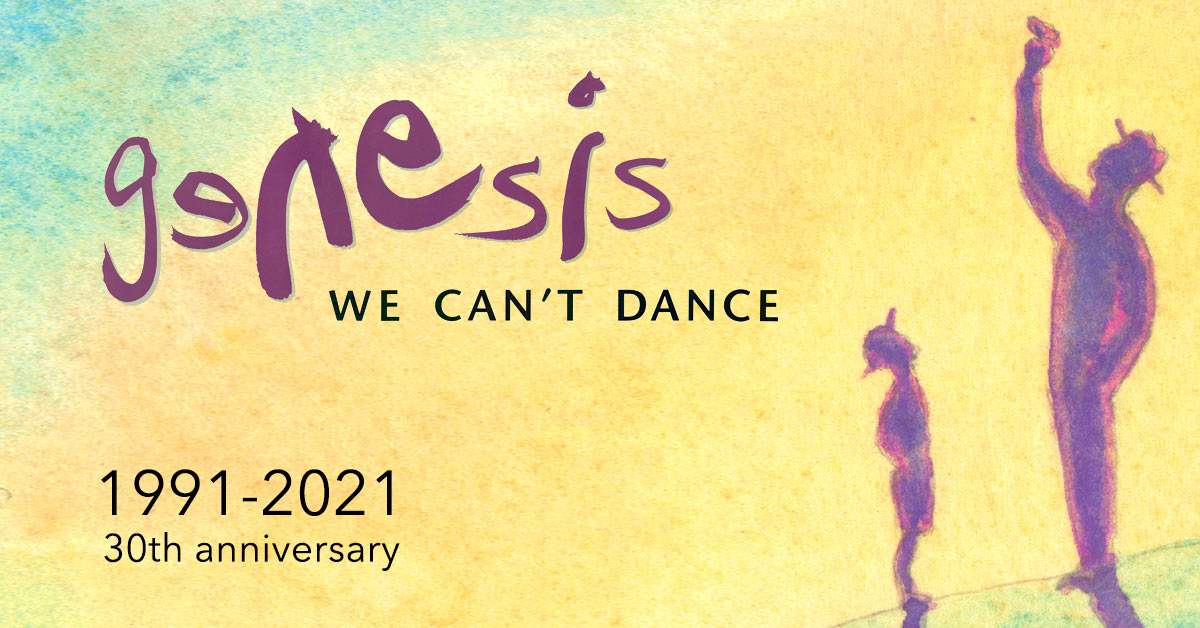
As you explore ‘We Can’t Dance’, note how this album signals the end of the Phil Collins period while showcasing Genesis’ pop-oriented side. You’ll appreciate key tracks such as ‘Driving The Last Spike’ and ‘I Can’t Dance’ that hint at the band’s eclectic strengths, though some might argue they reflect dated production.
Consider too, the impact of this album on Genesis’ career, with potent singles ‘No Son Of Mine’ and ‘Jesus He Knows Me’ making a significant splash.
Album’s Musical Style
In examining the musical style of ‘We Can’t Dance’ (1991), you’ll find that Genesis successfully continued their shift towards a more pop-oriented sound, largely due to Phil Collins’ signature catchy hooks and accessible vocal delivery. The album’s musical style is eclectic, reflecting Genesis’ adaptability.
- ‘I Can’t Dance’ and ‘No Son of Mine’ stand out as rock-infused singles.
- Some tracks demonstrate Genesis’ venture into new musical territories.
- The album showcases their versatility in combining pop and rock elements.
Key Tracks Highlight
Expanding on the adaptable musical style of ‘We Can’t Dance’ (1991), let’s dissect the key tracks that embody Genesis’ pop-rock sound and eclectic strengths during this era.
‘No Son of Mine’ and ‘I Can’t Dance’ epitomize the classic Genesis sound.
‘Driving The Last Spike’ and ‘Hold On My Heart’ highlight their versatility.
This album’s release, in the context of Genesis albums ranked from worst to best, reflects a mature, reflective songwriting style.
Impact on Career
While ‘We Can’t Dance’ (1991) marked Phil Collins’ final studio effort as Genesis’ lead singer, it undeniably solidified the band’s adaptable pop-rock sound, even if some tracks might now seem dated in terms of production.
This album’s impact on career was significant, given:
- Genesis albums ranked from worst to best often list this near the top
- Collins on vocals propelled commercial success
- The album showcased the band’s ability to evolve their sound.
Invisible Touch (1986)

‘Invisible Touch (1986)’ represents a pivotal moment in Genesis’ discography. This is where you see a distinct shift towards a more pop-oriented sound. You’ll notice the commercial success this album achieved, especially with standout tracks like the title song and ‘In Too Deep’.
Let’s analyze the lyrical themes and the stylistic evolution that made this album a game-changer in the band’s musical journey.
Invisible Touch” Chart Success
You’ve got to consider the monumental success of ‘Invisible Touch,’ Genesis’ most successful album that not only climbed to No. 1 on the Billboard 200 chart but also spawned multiple top 10 hits.
- *Chart Success*:
- ‘Invisible Touch’ ascended to the top spot.
- Singles like ‘In Too Deep’ and ‘Land of Confusion’ achieved significant success.
- The album remained on the Billboard 200 chart for over a year.
This album helped reposition Genesis Albums from worst to best in popular perception.
Musical Style Evolution
Shifting their musical style dramatically, Genesis introduced a more pop-oriented approach with ‘Invisible Touch’, marking a significant evolution in the band’s sound. The departure from progressive rock is evident as you analyze Genesis albums ranked from worst to best. The Genesis sound became more commercial, with well-crafted songs and catchy hooks, essentially redefining their musical style evolution.
Lyrics and Themes Analysis
As we navigate the shift in Genesis’ sound, let’s explore the lyrical and thematic elements of ‘Invisible Touch’ that underpin its pop sensibility.
This Genesis album, ranked among the best, presents a shift that divided fans:
- Love and relationships dominate the lyrics, mirroring themes from solo albums.
- Societal commentary, like in ‘Land of Confusion’, adds depth.
- Instrumentals enhance catchy choruses, reinforcing pop elements.
And Then There Were Three (1978)
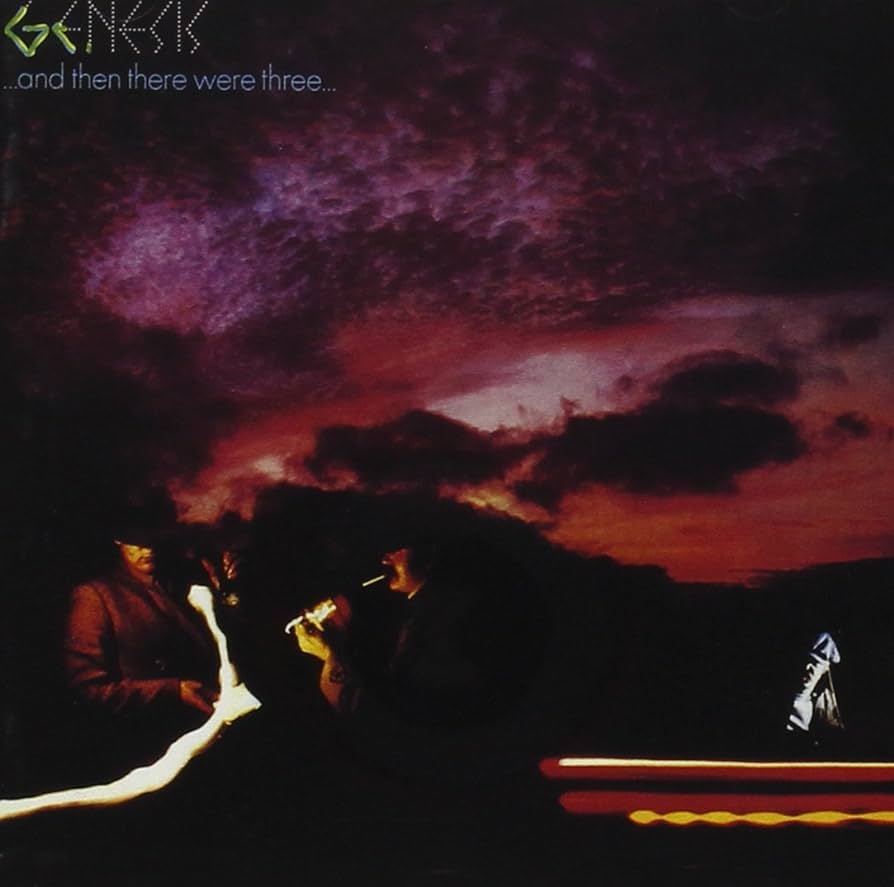
‘And Then There Were Three (1978)’ marks an important transitional phase for Genesis. It became their first album as a trio after Steve Hackett’s departure. Tony Banks and Mike Rutherford welcomed a new singer, paving the way for a shift towards an accessible sound with pop-friendly choruses.
Despite its experimental approach, ‘And Then There Were Three’ remains a crucial page in Genesis’ first chapter.
Duke (1980)

‘Duke’, released in 1980, signifies another critical transition for Genesis, masterfully merging elements of progressive rock and pop to create a distinctive sound.
In the ranking of Genesis albums from worst to best, ‘Duke’ stands out due to:
- Hits like ‘Misunderstanding’ and ‘Turn It On Again’
- Personal experiences of Phil Collins reflected in the lyrics
- Unified approach evident in full-band jams
Analyzing ‘Duke’ offers an insight into the band’s evolution.
Abacab (1981)

Moving forward in Genesis’ discography, you’ll encounter ‘Abacab’ (1981), a significant milestone that marked their transition to a more accessible pop-oriented sound under Phil Collins’ lead vocals.
‘Abacab’ is the album to feature Genesis’ freewheeling creative freedom, showcasing a diverse range of musical styles.
Despite some experimental missteps, Tony Banks and Mike Rutherford’s contributions help solidify it as a unique chapter in Genesis’ musical evolution.
Wind & Wuthering (1976)
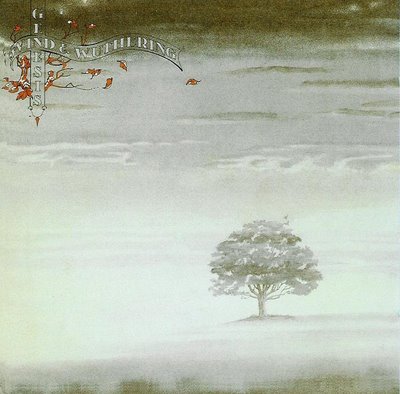
Diving deeper into Genesis’ discography, you’ll discover ‘Wind & Wuthering (1976)’, an album that not only showcases the band’s intricate instrumental work and complex compositions but also marks a pivotal moment in their career.
- Steve Hackett’s impressive guitar work
- Co-wrote four tracks
- His last album with Genesis
- Tony Banks and Mike Rutherford’s contributions
- Pioneered the band’s shift in musical direction
- The entry of Daryl Stuermer and Chester Thompson
- Genesis’ ability to adapt and evolve.
Trespass (1970)
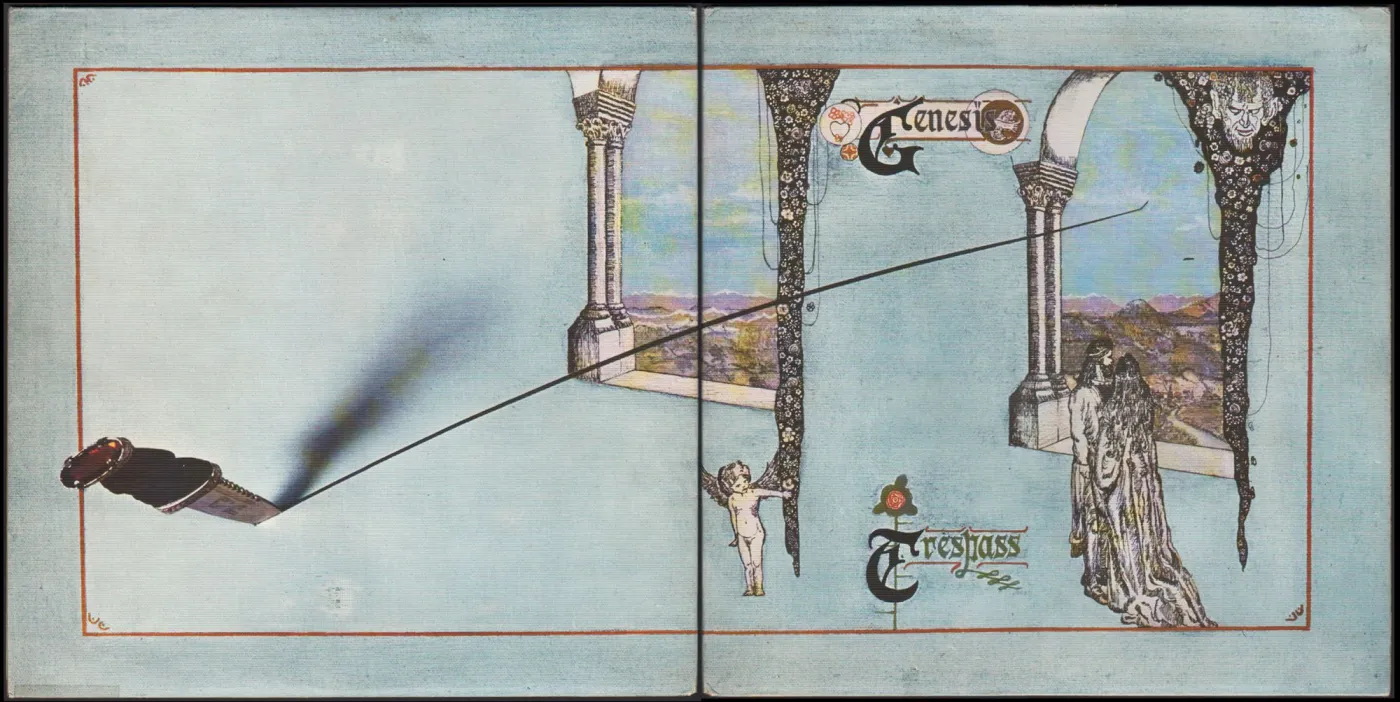
Next on our exploration of Genesis’ discography is ‘Trespass (1970)’, an early album that illustrates the band’s progressive sound with complex compositions and intricate instrumental work. It demonstrates the influence of original guitarist Anthony Phillips, predating the more explosive ‘Nursery Cryme’.
‘Trespass (1970)’ reflects a folkier Genesis, with Tony Banks and Mike Rutherford crafting their most soulful tracks, like ‘Looking For Someone’.
A Trick of the Tail (1976)

As you turn your attention to ‘A Trick of the Tail’, consider its significant role in Genesis’s discography. It’s not just about Collins taking the reins as lead vocalist, but also the musical confidence that shines through each track.
Take note of the intricate songwriting, particularly in fan favorites like ‘Dance on a Volcano’, which beautifully encapsulates the band’s evolving sound post-Gabriel.
Album’s Musical Influence
With the release of ‘A Trick of the Tail’ in 1976, Genesis marked a significant transition, boldly stepping into a new era without Peter Gabriel and with Phil Collins taking on the role of the lead vocalist.
This album’s musical influence:
- Showcased Collins’ powerful drumming and Banks’ lush keyboards
- Highlighted Hackett’s songwriting on tracks like ‘Entangled’
- Exemplified Genesis’ adaptability and resilience, maintaining their prog-rock roots.
This album is ranked from worst to best, reflecting the band’s evolving dynamics.
Key Songs Analysis
Diving into ‘A Trick of the Tail’ (1976), it’s impossible not to be struck by Genesis’ ability to deliver complex compositions and intricate instrumental work. Particularly in key tracks like ‘Dance on a Volcano’ and ‘Entangled’. These songs, pivotal in our key songs analysis, showcase Genesis’ progressive sound. They mark their unique place in pop music and in the ranking of Genesis albums from worst to best.
Nursery Cryme (1971)

In the pantheon of Genesis’ discography, ‘Nursery Cryme’ (1971) stands out as a turning point, with its embrace of theatricality and complex soundscapes that would come to define the band’s progressive rock identity.
‘Nursery Cryme’ (1971) showcases Genesis’ evolution as a Classic Rock powerhouse, particularly with the contributions from Banks and Mike Rutherford.
The album’s narrative-driven compositions mark a significant shift in the band’s early career.
Its intricate instrumentation and whimsical storytelling lay the groundwork for Genesis’ groundbreaking releases.
Foxtrot (1972)

Earning its place as one of Genesis’ progressive rock masterpieces, ‘Foxtrot’ (1972) delivers a spellbinding performance that pushes the boundaries of the genre.
This album, a cornerstone in rock history, boasts some of Genesis’ biggest hits.
With the epic ‘Supper’s Ready’, the haunting ‘Watcher of the Skies’, and the dynamic ‘Can-Utility and the Coastliners’, ‘Foxtrot’ showcases Genesis at their most inventive and ambitious.
Genesis (1983)
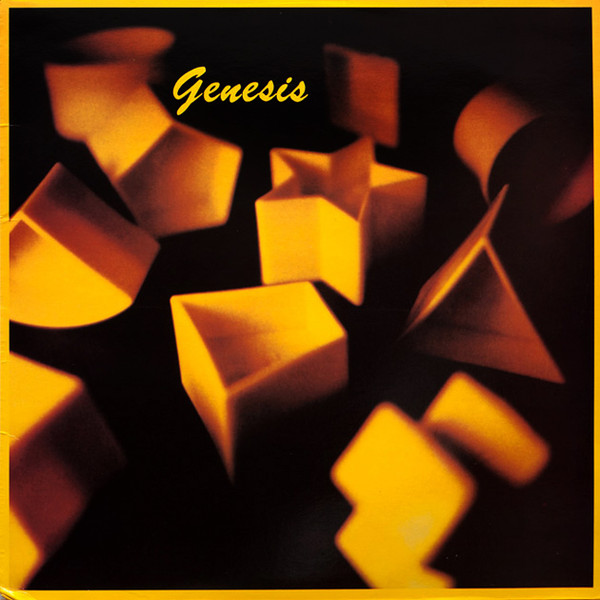
You’ve now arrived at ‘Genesis (1983)’, a pivotal point in the band’s discography. This album displays their shift towards a pop-rock sound, with Phil Collins’ unique vocals leading the charge.
Despite its divisive reception, its impact can’t be denied, as it played a key role in Genesis’ commercial success during the 80s.
Genesis (1983)” Album Highlights
When you delve into the standout tracks of the Genesis (1983) album, you’ll notice a notable shift towards a more accessible pop sound, particularly in the hit songs ‘Mama’ and ‘That’s All.’
- ‘Mama’: Intense and haunting, it showcases the new Genesis sound with Collins’ powerful vocals.
- ‘That’s All’: A catchy, piano-driven pop song that helped redefine the band’s image.
- ‘Home by the Sea’: A progressive rock masterpiece that reflects the band’s musical prowess.
Critic Reception and Impact
While the standout tracks of ‘Genesis’ (1983) showcase the band’s shift towards a more accessible pop sound, the critical reception and enduring impact of the album paint a broader picture of its significance in the band’s musical journey.
Despite mixed reviews, the album’s commercial success solidified Genesis’s transition from prog-rock to mainstream pop.
Its impact on studio and live performances redefined how Genesis albums are ranked, from worst to best.
The Lamb Lies Down on Broadway (1974)

Diving into the labyrinth of ‘The Lamb Lies Down on Broadway’, Genesis’ double concept album from 1974, you’re immediately drawn into the complex narrative of Rael and the band’s distinctive progressive rock sound.
- Peter Gabriel’s final offering before he announced his departure.
- The quintet’s idiosyncrasies shine through.
- Born during a time of confusion, it adds depth to Genesis’ discography.
This concept album is a vivid, spiritual journey, marking a pivotal moment in their history.
Selling England by the Pound (1973)

‘Selling England by the Pound’ is often heralded as the pinnacle of Genesis’ discography. It is a testament to their nuanced songwriting and captivating storytelling. The title track and ‘Firth of Fifth’ showcase the version of Genesis that fans adore. This album marks a critical moment in the band’s evolution, blending rich sonic tapestry with thought-provoking lyrics, making it a standout choice.
Conclusion
Navigating through Genesis’ discography is like journeying through a labyrinth of prog-rock brilliance.
From the fresh and raw ‘From Genesis to Revelation’ to the masterpiece ‘The Lamb Lies Down on Broadway’, their albums are a testament to their musical evolution.
Each record, infused with Gabriel’s theatrical vocals and storytelling, is a vibrant chapter in their storied career.
So, dive in and let their music transport you to a realm where rock meets artistry.